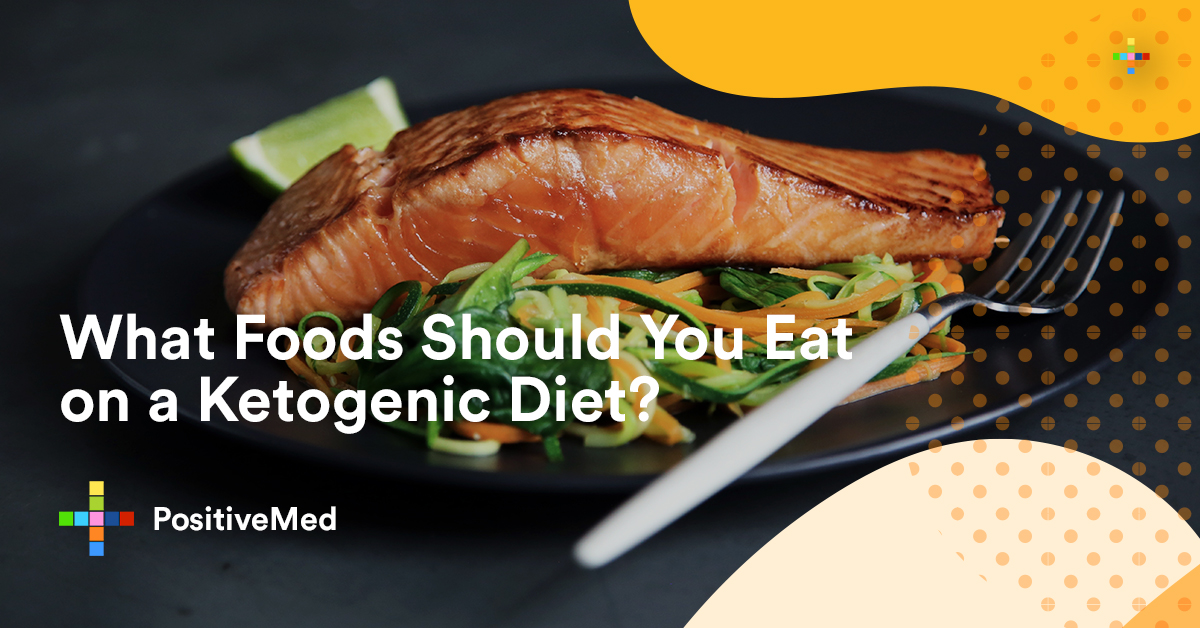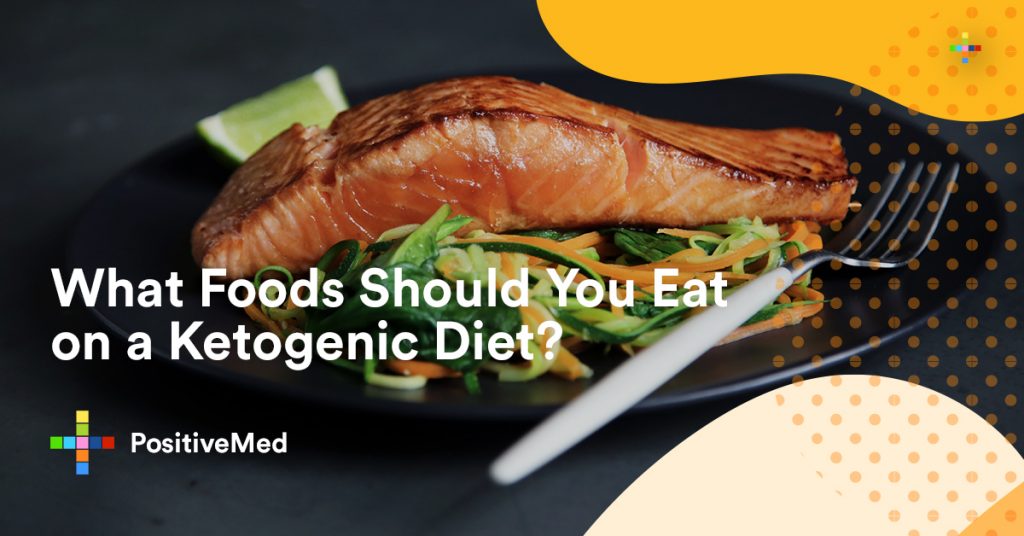There are certain foods you should eat on a ketogenic diet to allow your body to produce ketones which will help with weight loss. Ketones are produced through a process referred to as ketosis, wherein your body burns fat rather than carbohydrates to produce energy.

In a ketogenic diet, you should consume foods that are low in carbohydrates and high in fat. Although there are several versions of the diet, you should typically consume up to 4 grams of fat for every gram of protein and carbohydrates. This diet will give you about 90% of calories from fat. This is unlike a traditional diet that involves decreasing carbohydrates and consuming foods rich in protein.
The Mediterranean Ketogenic Diet
This is a version of a ketogenic diet that is rich in fat. In this diet, you are limited to less than 30 grams of carbohydrate and 1 gram of protein for every 2.2 pounds of body weight. The main source of the protein includes fish while olive oil is recommended for unsaturated fat.
This article mainly looks at some of the best foods you can consume if you a following a ketogenic diet. It also examines what you should avoid and the benefits and risks involved.
Fats
Healthy sources of fats in the ketogenic diet include coconut oil and nuts. Fats are the main source of calories and energy in this diet. Fats are very different. For instance, health experts don’t recommend trans fats because they are hydrogenated to enhance their shelf life.
Trans fats can increase inflammation and cholesterol levels in your body. These are not recommended in a ketogenic diet. Instead, saturated fats which remain solid at room temperatures are endorsed because they play a crucial role in the immune systems and other functions in the body.
Examples of healthy saturated fats in the ketogenic diet include:
Coconut oil
Grass-fed beef
Butter from grass-fed cattle
Flaxseed oil
Olive oil
Mackerel
Almond oil
Walnuts
Wild salmon
Sardines
Proteins
In a ketogenic diet, the amount of protein is limited. Protein cannot be stored in the body. The excess is converted into glucose for energy production when carbohydrate intake is low. This restricts ketosis. The same foods that provide protein in a ketogenic diet happen to be the same that give healthy fats.
Examples of protein-rich foods that give healthy fats include:
Grass-fed meat products are rich in omega-3 fatty acids
Nuts
Seeds
Eggs
Seafood, particularly shellfish, shrimp, and crabs
It is worth noting that some fish are rich in carbohydrates and people in a ketogenic diet should keep that into account. Examples include oysters, mussels, squid, and clams.
Vegetables
Some non-starchy vegetables are part of the ketogenic diet. Examples include:
Asparagus (3.88 g of carbohydrate per 100 g)
Baby corn (18.7 g per 100 g)
Broccoli (6.64 g per 100 g)
Brussels sprouts (8.95 g per 100 g)
Artichoke (10.51 g per 100 g)
Eggplant (5.88 g per 100 g)
Okra (7.45 g per 100 g)
Green beans (6.97 g per 100 g)
Salad green, like spinach, endive, and romaine
Squash
Turnips
Water chestnuts
Okra
Tomato
Onions
Fruits
Due to their high content of carbohydrates, fruits are not a part of the ketogenic diet. However, avocado is a part of this diet. Blackberries are sometimes recommendable because they are rich in fiber.
What to Avoid in a Ketogenic Diet
All foods that are rich in carbohydrates should be avoided if you are following a ketogenic diet. Examples include bread and pasta. In addition, most fruits are not friendly to a ketogenic diet.
Important Tips while on a Ketogenic Diet
The ketogenic diet is different from other dieting plans because it doesn’t incorporate a lot of carbohydrates. This can make it difficult for some people to stick with. Luckily, you can stick with a ketogenic diet in a number of ways without getting deprived.
Some of the tips you can try include:
Sipping unsweetened drinks like tea or coffee instead of sugary drinks.
Incorporate ketogenic recommended condiments like ketchup, yellow mustard, or hot sauce
Cook with no-sugar-added spices or herbs
Final Word
It is important to contact your dietician if you are on a ketogenic diet. He or she will examine your nutritional or supplement requirements as cutting out most of the carbohydrates in your diet can lead to malnutrition. A ketogenic diet has helped many people lose weight and manage some conditions like diabetes. According to the Epilepsy Foundation, some children with epilepsy who don’t respond well to traditional medicine can benefit well from a ketogenic diet. Studies indicate that a ketogenic diet can suppress appetite while ensuring that your body has a steady metabolic rate.
Edited by: Jessa (Jan. 30, 2019)






